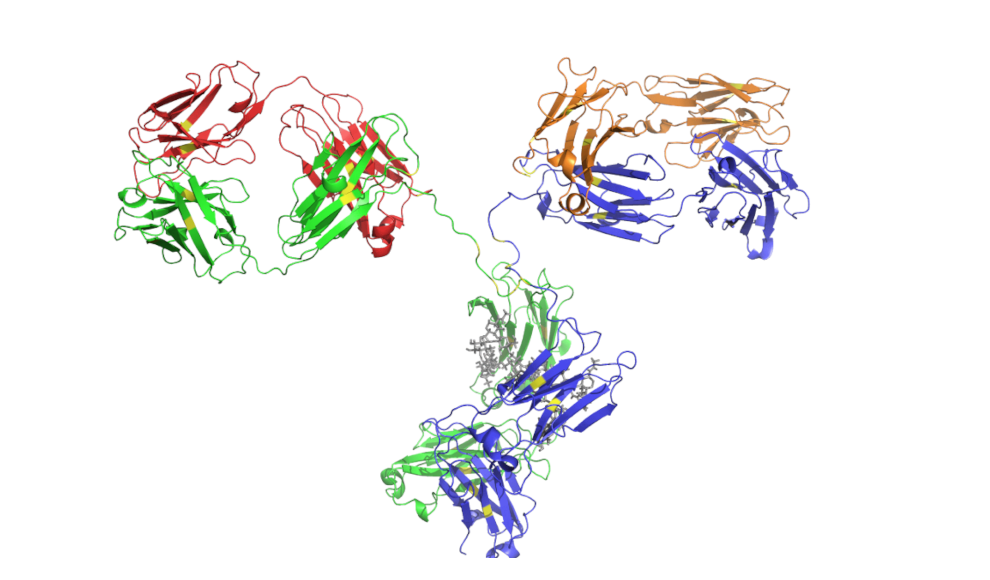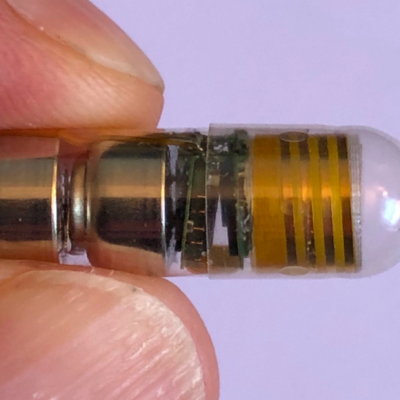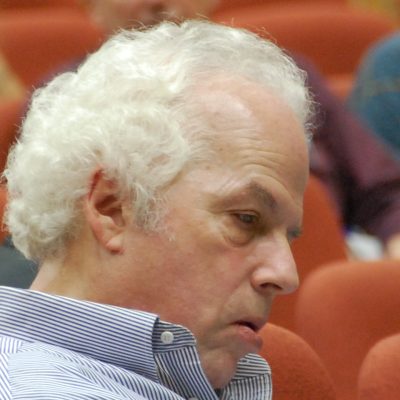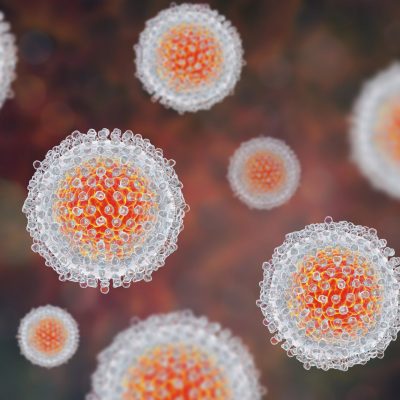In a breakthrough discovery, scientists at the University of Natural Resources and Life Sciences in Vienna have found a way to produce monoclonal antibodies (mAk) that can neutralize SARS-CoV-2, the virus that causes COVID-19. These antibodies are produced in tobacco plants and are 50 times more effective than the commonly used IgG1 antibodies. While mAk have been used in cancer treatment, they have not been used in the clinical treatment of viral infections due to the difficulty in producing them in large quantities. However, the researchers have found a way to insert human antibody genes into tobacco plants, which can then produce the antibodies.
The team at the University of Natural Resources and Life Sciences used a bacterium to insert human antibody genes into tobacco plants. The plants were then able to produce IgG antibodies, which are typically produced by infected individuals in the later stages of the disease. The researchers found that IgG3 antibodies, which are not typically produced in large quantities by the immune system, were particularly effective in neutralizing the virus. In fact, in laboratory tests, IgG3 antibodies were 50 times more effective than IgG1 antibodies.
While the production of IgG3 antibodies is still problematic, the researchers are hopeful that they can stabilize the antibodies in the future. This discovery is a significant step forward in the fight against COVID-19, as monoclonal antibodies have the potential to be used in the clinical treatment of the disease. The researchers are now working to produce the antibodies in larger quantities and to stabilize the IgG3 antibodies. This breakthrough could lead to the development of more effective treatments for COVID-19 and other viral infections.










